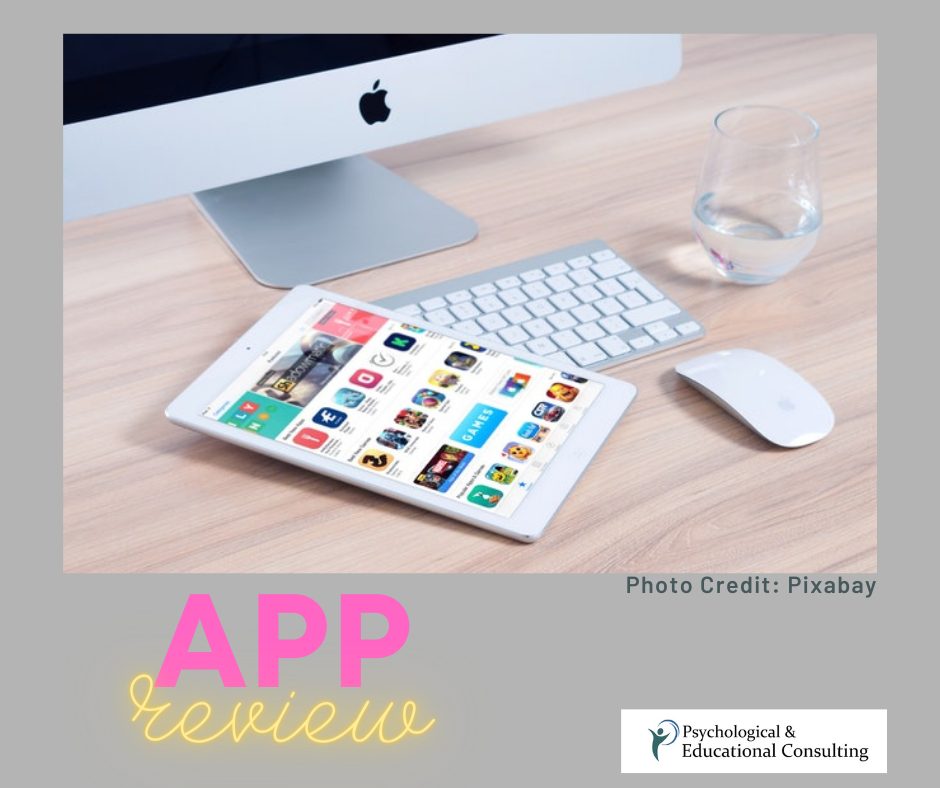Helping you and your child succeed with homeschooling during COVID-19.
Written by Dr. Liz Matheis
This period of time feels a little surreal to me, as I’m sure it does for you, too. As parents, this is a time where we are balancing our work and home demands. While we are trying to maintain our employee status, we are also being given the responsibility of teaching our children through their subjects.
I know when I saw the pile of work that was sent home for my children, as well as the emails and Google Classroom notifications, I was most definitely overwhelmed. I had to find some way to organize the assignments and create some sort of order for each day. For my child with special needs, understanding her academic strengths and weaknesses, as well as emotional needs, hasn’t been easy for me, and my appreciation for her teachers is that much higher and deeper.
Our teachers are not expecting our children to work for the duration of the entire school day. However, it may be taking you and your child longer than the school day to complete a few assignments. My efforts have been met with tears, falling to the ground and a fair share of yelling … on both of our ends. Now that it’s been a week, I have a few strategies to share with you that may save your sanity and help you to create realistic expectations for what a school day will look like for the next few weeks.
Take a Quick Read Through Your Child’s IEP
Although you are not a special education teacher (or maybe you are!), take a look at your child’s accommodations and get a sense of how to work within the classroom is broken down for your child. This may give you a few ideas of how information is presented. If you’re still not clear, email your child’s teacher and ask her or him how you could teach your child a concept or how to work through the assignment. You are likely going to gain a few great ideas!
Break It Down
For some of our children, having your parent become your teacher is a mixing of roles and relationships. Understandably so! Your child may push back when you present work more so than she would with her teacher.
So, let’s get you through this. Break down subjects with specific times and specific time limits each day. For example, your child’s four major subjects, regardless of age or grade, are science, social studies, math, and language arts. Based on your child’s tolerance and endurance, you may wish to:
- Each class will last 30, 45, or 60 minutes
- Decide on the time before you begin
- Set a timer
- Teach three subjects per day
- Rotate the subjects so that one subject is being “dropped” daily
- Break down tasks into parts. For example, if your child is assigned to write a paper, break it down into its parts: an introduction, paragraph one, paragraph two, paragraph three and conclusion. You may wish to work on one to two parts each day
- Work on five or 10 math problems at a time
- Take breaks in between subjects; decide the maximum amount of time that will feel relaxing but not too relaxing where re-engaging becomes too difficult. Set the timer again










